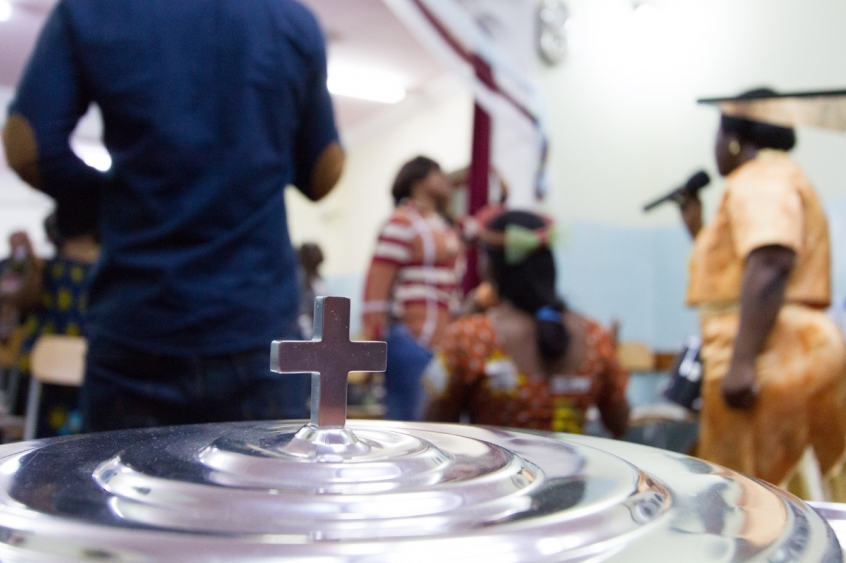
Ten years on from the death of Libya's dictatorial leader Colonel Muammar Gaddafi, the country is as dangerous as ever for its minority Christian population, according to an analyst for the Christian charity Open Doors.
Libya is number 4 on Open Doors' World Watch List, a ranking of 50 countries where Christians face the most extreme persecution. It has been in the top 10 of the list over the last four years.
Due to escalating conflicts between the various groups that fought against Gaddafi, the country has descended into a state of civil war.
Christians are especially vulnerable in areas where radical Islamic groups are active, according to Open Doors' World Watch Research analyst Michael Bosch: "On the national level, there are many stakeholders, including armed groups and various factions within the former governments whose main concern seems to be to secure their own interests. But even more important is the influence of international powers including Turkey and Russia."
He says that its people still hope for peace and freedom, but that elections scheduled for December are "an almost impossible task", adding that "the Libyan people are caught in the middle".
According to Dr David Landrum, Director of Advocacy at Open Doors UK: "The absence of a single central government to impose law and order in the country has made the situation for Christians precarious. The level of violence against Christians in Libya is now categorised as 'extreme'."
A much-delayed presidential election is scheduled for 24 December. However, according to Bosch, the future remains bleak for Libyan Christians from a Muslim background whatever the outcome.
"Even if Libyans succeed in establishing a central government, it is unlikely that freedom of religion and belief will be protected," he said. "This is judging by the 2017 draft constitution which is scheduled for a referendum vote at the same time as the December elections."
The draft constitution does not currently recognise other sources of legislation besides Islamic Sharia and does not guarantee freedom of religion and belief. All Libyans are assumed to be Muslim, with no scope for changing religion.
Christians represent only 0.5 per cent of Libya's 6.7 million population. For converts from Islam, the pressure from family and community to renounce their faith is intense and violent. Christian expatriates from other African countries are also attacked by various Islamic extremist groups and organised criminal groups. The situation for Christian refugees is not much better, with reports of beatings and rape of migrants being held in detention centres.
Dr Landrum is not hopeful that December's elections offer an end to the persecution for the Christian population.
He said: "A central government controlling the whole of Libya could end the lawlessness and curb the violence targeting foreign Christians in Libya. However, the situation for converts from Islam is set to remain very sensitive and insecure."













